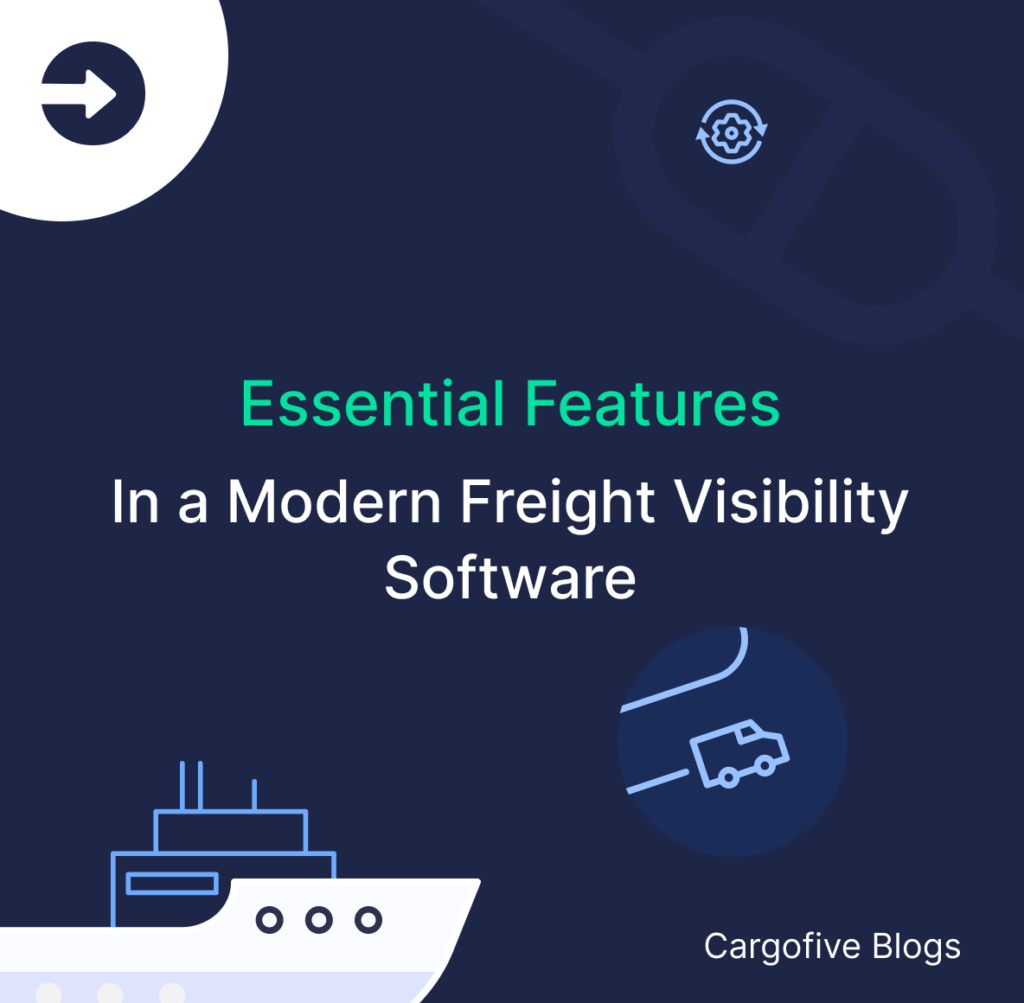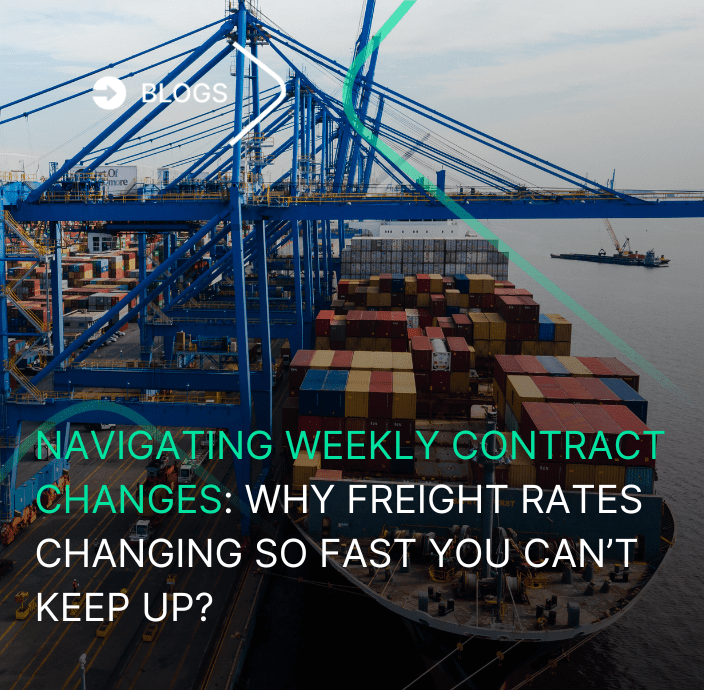Freight forwarders world is changing very fast due to the large number of innovations emerging and, mainly because of the profile of professionals who will lead the industry in the coming years. In 2020, half of the workers will be Millennials.
For this generation, there is no tolerance for slowness or inefficiency, they require everything to be at one button away, they order in Amazon with a click, watch streaming movies on Netflix, get documents, perform procedures, buy shares at the stock market , they make presentations through Skype, they attend classes online, they ask for an Uber, they buy plane tickets, they don’t use the phone anymore but WhatsApp instead, anyway … Everything is different, everything is fast, everything is digital.
Nothing will be the same on the freight forwarding industry. Therefore companies must adapt to this new reality and can not neglect the fact that the change will be enormous.
Companies in this business line should pay close attention to 3 fundamental pillars: Technology, People and Business Culture. Those who don’t, may be risking businesses and leaving the market in a short time.
Technology
Technology has changed our way of living and so has changed business. Today we do and see things that 5 years ago were unthinkable, only seen on sci-fi movies. Electric and autonomous cars? We have it. Artificial intelligence? We have it. Houses managed by voice? We have that and much more.
However, technology has also taken a long time to be introduced and popularized in the freight forwarding industry. I always like to tell the following story as an example.
At the beginning of 2016 I presented a business plan to the CEO of a freight forwarder, to do what could have been “the first digital freight forwarder in Portugal”.
I don’t see any future for this Digital Freight Forwarding business, he told me.
He said it was impossible to automate quotations, both air and sea, that integrating so much information with carriers was utopian, that companies like Flexport (the only digital freight forwarder at the time) would never gain market share, that businesses will always depend on people.
He was wrong because today it is possible to automate quotes, integrate schedules, get real-time tracking of carriers and the Digital Freight Forwarding’s business model is a success,Flexport, Twill, Zencargo and Freighthub are an example of this.
So, freight forwarders have to know that there is always a way to introduce technology into their processes, which is mandatory, and that there are already companies willing to help them join the digital world. At Cargofive, we provide a SaaS (Software as a Service) that allows freight forwarders to manage and automate both quotes and internal processes.
The most important thing is to implement technology into the freight forwarder’s daily processes. Today, technology is no longer a differentiator, it has become an equalizer, because digital forwarders are already gaining much market share.
People
Having only technology is not enough. You have to know how to use it. This is why freight forwarders must choose well their work team or at least give adequate training and education to people involved.
It’s always good to remember that every business will always be person to person. As Simon Sinek said, “100% of customers are people. 100% of employees are people. If the company does not understand people, it does not understand business.” They are the ones who move businesses and make the decision between supplier A or B.
Take a small test. Ask your team if they have already heard of, or know of any of the following tools or concepts:
Trello, Asana, Slack, Hubspot, Zendesk?
And UI, UX, Customer Centric, Design Thinking, Agile?
Do they know who are the digital freight forwarders competing with your company? Do they know Twill, or at least Damco and Maersk?
If they have not yet heard of these terms or tools, it’s time to help the team update their knowledge.
Learn from millennials, who came to the industry to give it all they have, revolutionizing the way of thinking about logistics business and bringing with them an arsenal of tools and work methodologies that are decisive to create disruption in the business.
Another story I witnessed when doing a consultancy to improve processes in a freight forwarder, gives a good example of the fact that having technology is worth nothing if we don’t know how to use it. This happened in 2012.
The freight forwarder I was working with had implemented an AWBs system (Air Waybills) that allowed to export them in PDF. So far, they were printed exclusively on continuous forms on those roll-fed printers, with their particular noise when printing and then they would be digitized in a huge All-in-one, which exported the PDFs. The new system allowed to directly export the PDFs, without the need to print. This is why I observe with great fright, an executive of the air department get up and go to the All-in-one and digitize a stack of papers. Curious, I get up and see which documents they were. The executive was printing and digitizing the AWBs, since that is how she learned to operate. Her boss wanted it this way since he didn’t know very well the functionalities of the new system.
This is the best example that clearly having technological resources alone is not enough. It is necessary to invest on the human resources training.
Business Culture
It is extremely important to have a drastic change in the business culture of freight forwarding, mainly linked to customer support, with a customer centric vision. With this I don’t mean that operations are not important, logically they are, but customer support will each time be more the key to conquer new clients and retain them.
Much of Flexport’s success is due to the way in which the company developed technological solutions that really solve and satisfy their customers’ needs. Instead of implementing a technology platform and showing its customers the benefits, Flexport asked each of its customers what benefits they were looking for in a freight forwarder and how technology could help them. The result was incredible, in 4 years Flexport is bigger than many of the traditional freight forwarders in the market.
Another great example of a business culture change in the industry is Twill, which combined a technology focused on the customer (shipper) and a young team with an innovative spirit. The culture is very important to them and you can see it in their communication.
I believe that we, professionals of the industry, should look forward to be like them, intrepid, innovative, customer centered, seeking constant improvement and using technology to add value.
A company’s culture is clearly linked to the people who work in it, but it is also very influenced by the first level managers (CEOs, Donos, etc). So I make a call to those managers, to change their mindset and embrace innovation, quit being like that CEO who despised digital freight forwarders. Where do you think your company will be in a few years?
Do you want your company to be Blockbuster or Netflix of the freight forwarding industry? The decision is yours.
AUTHOR



